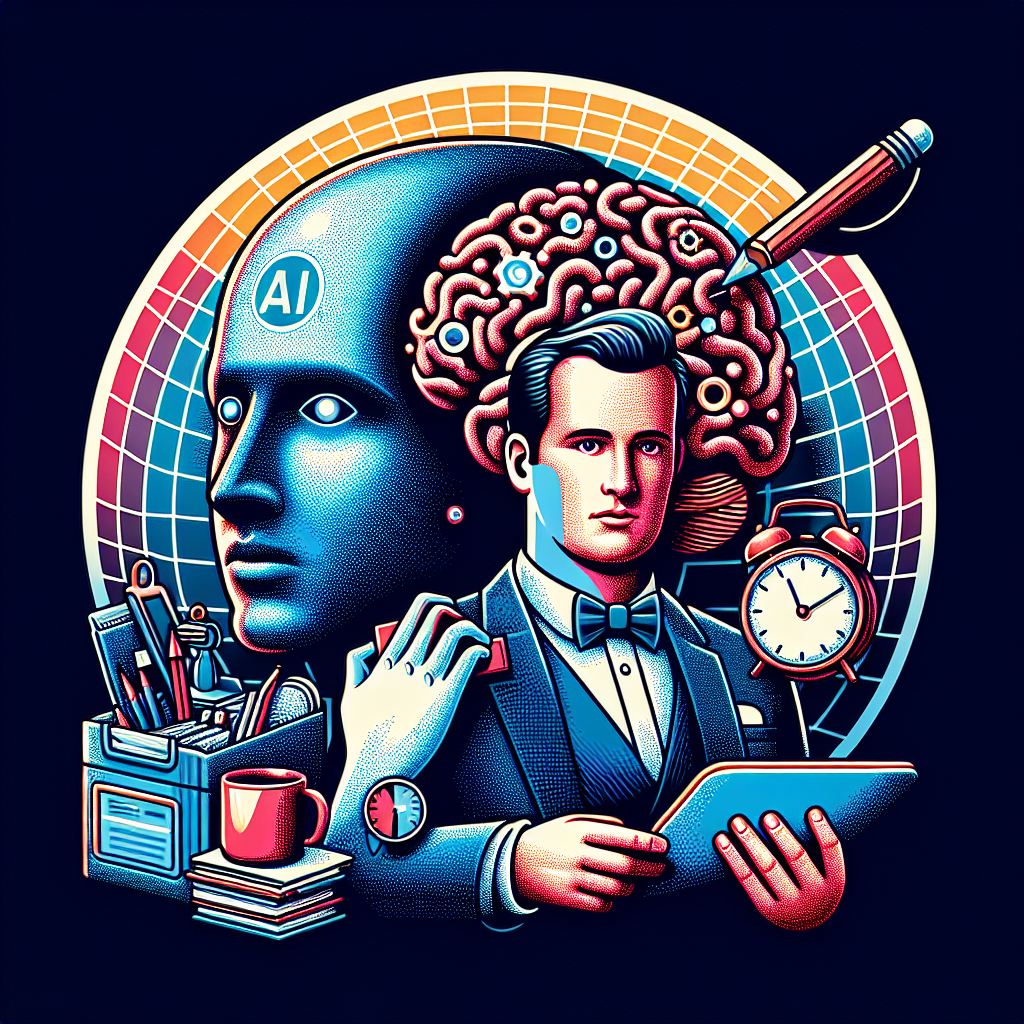The Rise of AI Assistants: How Virtual Assistants are Changing the Game
Artificial Intelligence (AI) is revolutionizing the way we interact with technology. One of the most notable advancements in AI technology is the rise of virtual assistants. These AI-powered assistants are changing the game in various industries, from customer service to healthcare to marketing. In this article, we will explore how AI assistants are transforming the way we work and live, and the impact they are having on businesses and consumers.
What are AI Assistants?
AI assistants, also known as virtual assistants, are software programs that use artificial intelligence to perform tasks or services for an individual. These assistants can understand natural language, interpret commands, and execute tasks without human intervention. Some of the most popular AI assistants include Amazon’s Alexa, Apple’s Siri, Google Assistant, and Microsoft’s Cortana.
AI assistants are designed to help users with a wide range of tasks, such as setting reminders, scheduling appointments, providing information, and even making purchases. They can also be integrated into smart devices, such as smart speakers, smartphones, and smart home appliances, to provide a seamless user experience.
How AI Assistants are Changing the Game
AI assistants are transforming the way we work and live in various ways. Here are some of the key ways in which AI assistants are changing the game:
1. Improved Efficiency: AI assistants can perform tasks faster and more accurately than humans, leading to increased efficiency and productivity. For example, AI assistants can help with scheduling meetings, organizing emails, and managing to-do lists, allowing users to focus on more important tasks.
2. Enhanced Customer Service: AI assistants are being used in customer service to provide instant support and assistance to customers. These assistants can answer common questions, troubleshoot issues, and provide personalized recommendations, leading to improved customer satisfaction and loyalty.
3. Personalization: AI assistants can learn user preferences and behavior over time, allowing them to provide personalized recommendations and suggestions. This level of personalization can help businesses tailor their products and services to meet the specific needs of individual customers.
4. Accessibility: AI assistants are making technology more accessible to people with disabilities. For example, visually impaired individuals can use AI assistants to read text aloud, navigate websites, and perform other tasks that would be challenging without assistance.
5. Data Analysis: AI assistants can analyze large amounts of data quickly and accurately, providing valuable insights and recommendations to businesses. This can help businesses make informed decisions, improve processes, and drive growth.
FAQs about AI Assistants
1. Are AI assistants secure?
AI assistants are designed to prioritize user privacy and security. They use encryption and other security measures to protect user data and ensure that sensitive information is kept confidential. However, users should still exercise caution when sharing personal information with AI assistants and be mindful of the data they provide.
2. Can AI assistants replace human workers?
While AI assistants can perform many tasks more efficiently than humans, they are not designed to replace human workers entirely. Instead, AI assistants are meant to complement human capabilities and help individuals work more effectively. Human workers are still needed to perform complex tasks that require emotional intelligence, creativity, and critical thinking.
3. How do AI assistants learn?
AI assistants use machine learning algorithms to learn from user interactions and improve their performance over time. These algorithms analyze data, identify patterns, and adjust their behavior based on feedback from users. This continuous learning process allows AI assistants to become more intelligent and effective at performing tasks.
4. Can AI assistants understand multiple languages?
Many AI assistants are capable of understanding and responding in multiple languages. These assistants use natural language processing technology to interpret commands and communicate with users in their preferred language. This multilingual capability makes AI assistants accessible to a global audience and enhances their usability.
5. What is the future of AI assistants?
The future of AI assistants is bright, with continued advancements in artificial intelligence technology driving innovation and growth in this space. AI assistants are expected to become even more intelligent, versatile, and integrated into our daily lives. They will play a significant role in shaping the future of work, communication, and technology.
In conclusion, AI assistants are changing the game in various industries, offering improved efficiency, enhanced customer service, personalization, accessibility, and data analysis. These virtual assistants are transforming the way we work and live, providing valuable support and assistance to users. As AI technology continues to evolve, we can expect AI assistants to become even more intelligent and indispensable in our daily lives.

